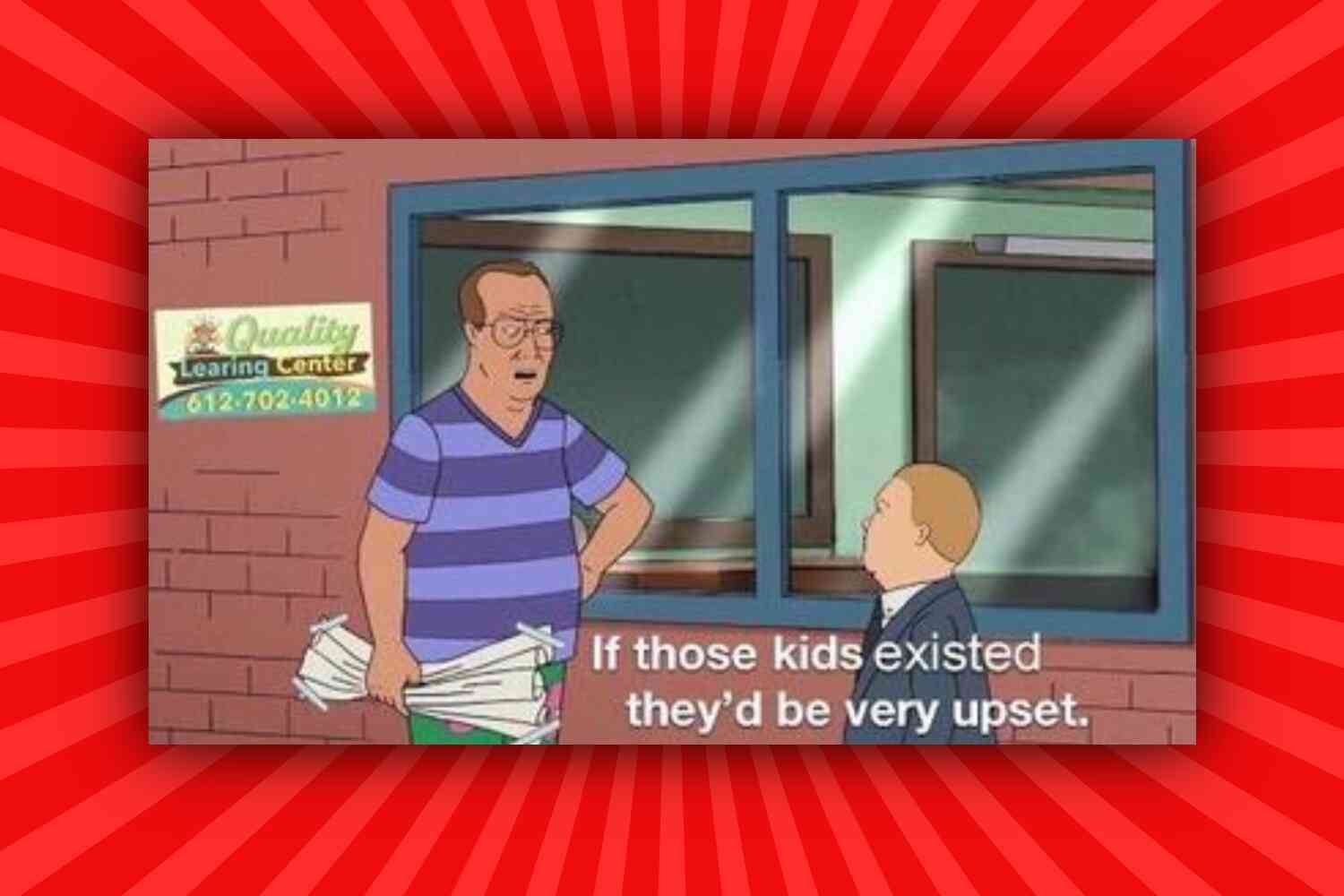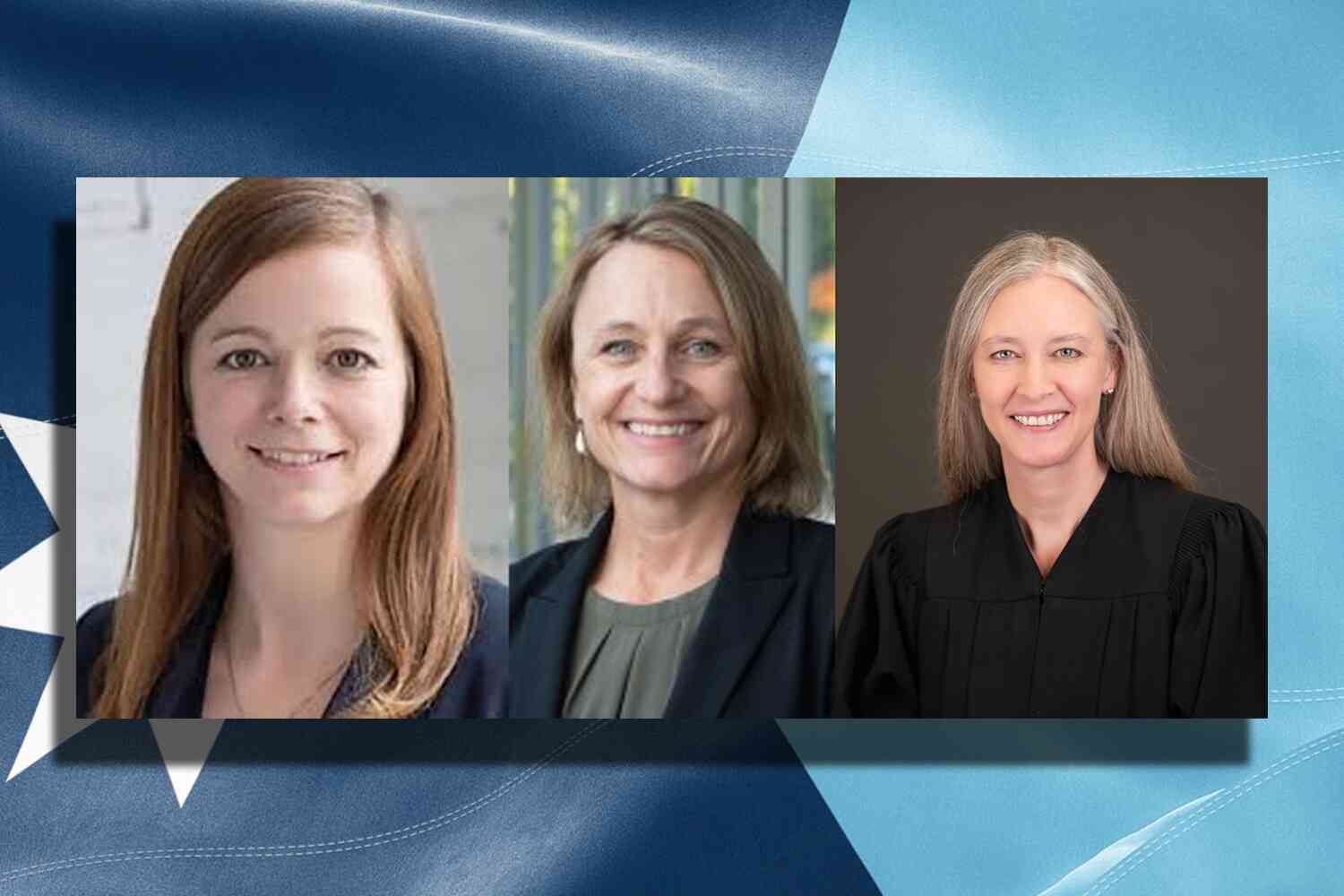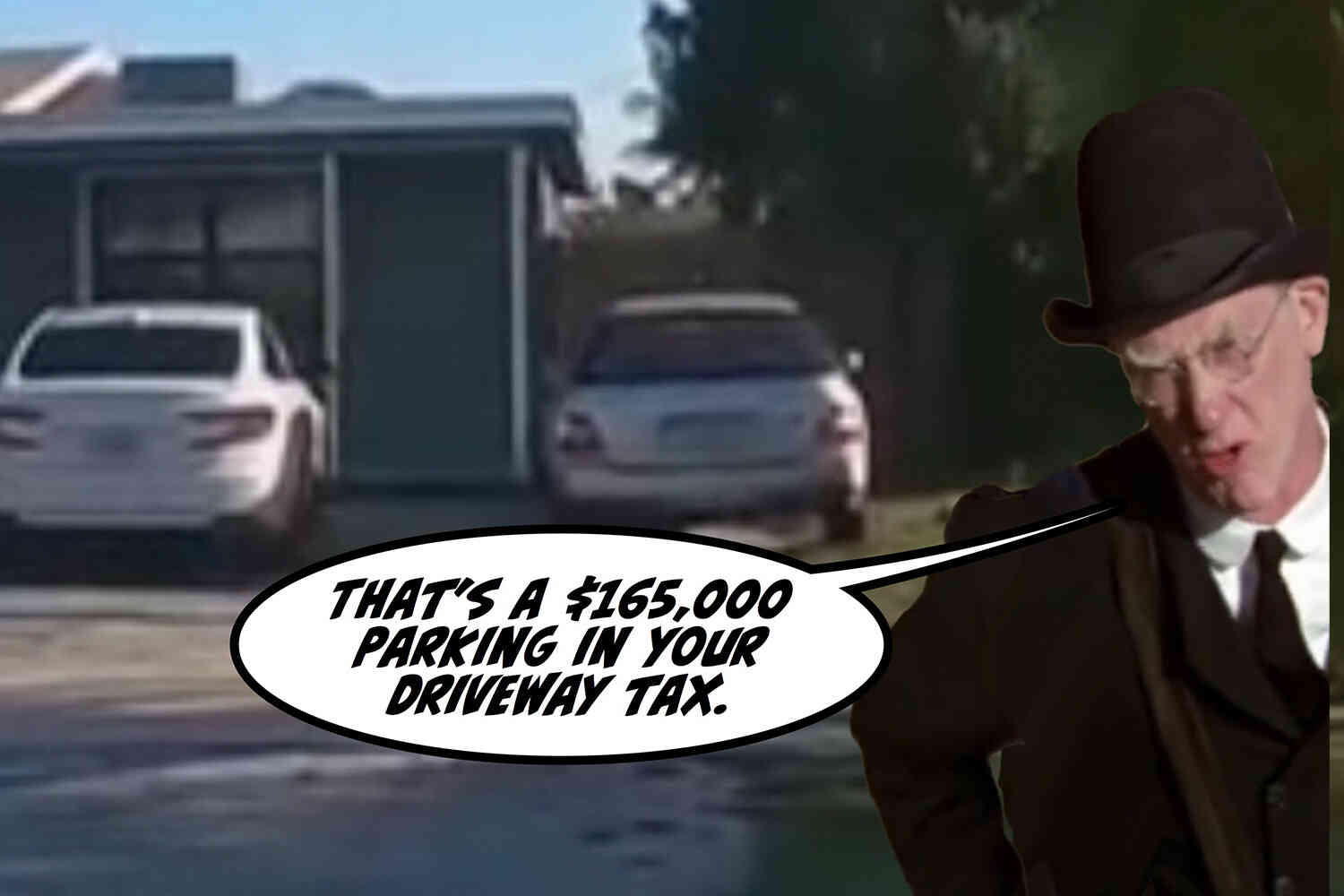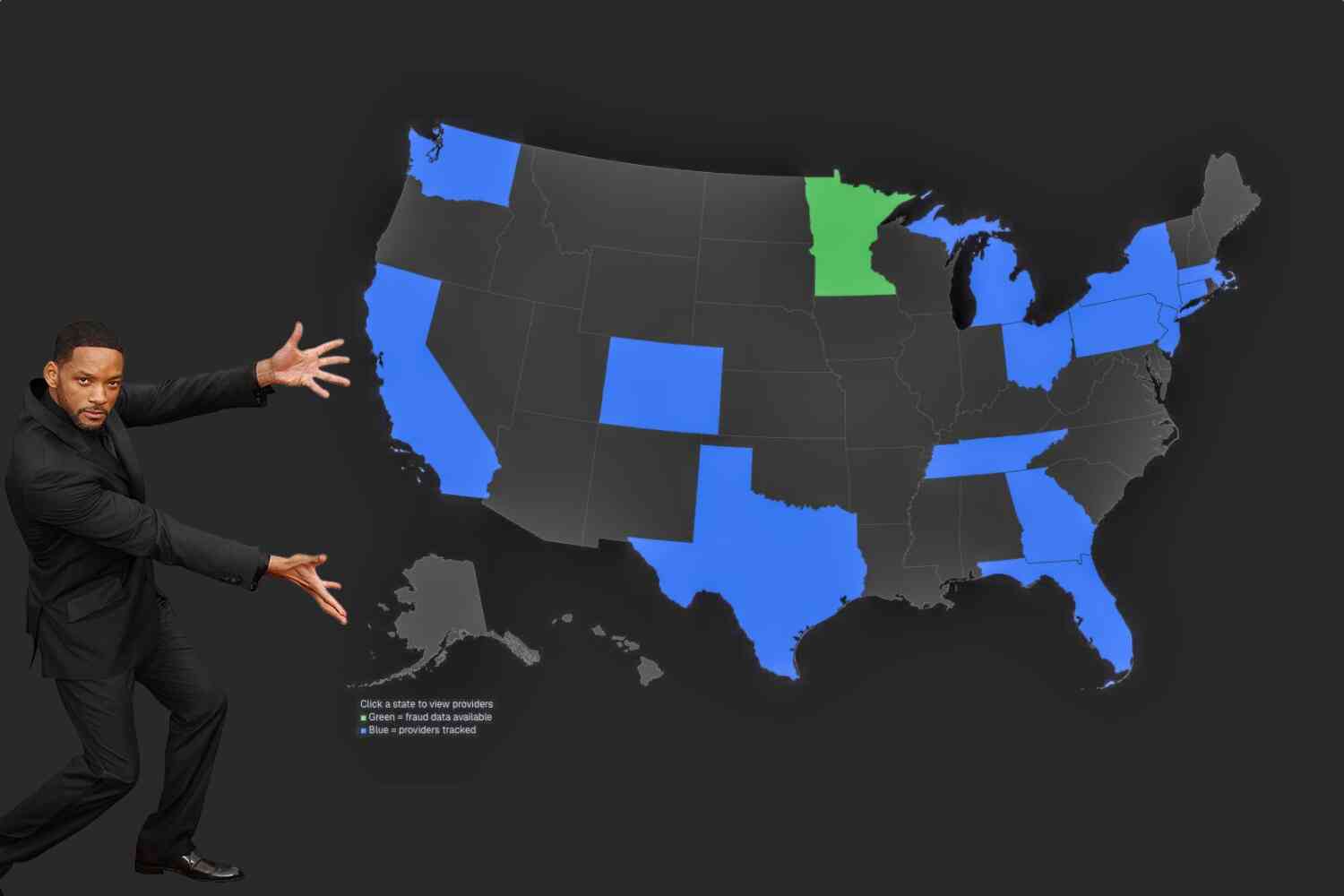Watching Football Night in America on Sunday night, the studio crew began discussing new changes coming to the NFL's COVID protocol moving forward. After being forced to shift multiple games into the week due to an apparent outbreak on various teams, the league began to realize their current policies are unnecessary and unsustainable.
Players who don't need to sit out because they aren't sick are being benched regardless. The aggressive rules they established aren't keeping people safe, but they are ensuring that teams like the Cleveland Browns – in the middle of the playoff hunt – are forced to leave their starting quarterback and their back-up quarterback at home when they need them most.
The reported changes in the NFL will bear a shocking resemblance to what many of us call common sense. Players will be allowed to play until they feel sick. At that point, they will be tested for an illness, and if they have one, they will not participate. Wild stuff, isn't it?
Last year a school district not far from the one where I teach implemented the same kind of approach. Presenting evidence that no communal spread of COVID had been tied to in-person learning, either in schools with mask mandates or without, they petitioned the state board of health and received approval to operate under the old rules. Kids would go to school while they were healthy. When they began feeling sick, they would stay home.
It's the same kind of policy that has governed sports, the business world, education and schools, and pretty much all human interaction, since the Garden of Eden. The last couple years have been different for one primary reason: in a global state of panic fueled by the novelty and mystery of a new, deadly virus as well as a vociferous media-driven hysteria, we promoted public health officials from an advisory role to a policy-making one.
I have great respect for infectious disease specialists, virologists, and all those whose knowledge about the transmission of illnesses, whose work to develop therapeutics and treatments, and whose relentless study and research has made lives better, more comfortable, and far healthier than they were 30 years ago.
But from a logical perspective, it's hardly surprising that those very people are naturally poorly equipped to participate in setting public policy. The nature of medicine and those who practice it is to save everyone – doing whatever must be done to preserve life. That's why your doctor tells you to lay off the fatty foods, to not smoke, get more exercise, and keep alcohol consumption to a minimum. The number of years that could be added to people's lives if we simply followed those good recommendations is truly astounding. There's no questioning that public health would be served tremendously, that an inordinate amount of lives could be saved if those recommendations became compulsory.
So is that enough reason to make it reality? Would it be appropriate for the health experts who recommend those things to be granted the power to make them a matter of public policy? Or is there an important line to be drawn between providing sound medical advice and compelling obedience at the end of government's gun?
Teaching in a high school I am consistently amazed at the bad lifestyle choices that young people make routinely. Whether it's the diet of Mountain Dew and Doritos, the vaping in bathroom stalls, the promiscuity and sexual experimentation, or the 3 a.m. bedtimes, I've had many conversations with kids I care a great deal about regarding the dangerous decisions they are making.
More than just a few choose to ignore my advice despite knowing that I have the facts, the evidence, the stats and charts – the science – to demonstrate I'm right about everything I'm saying. Does anyone believe I should be empowered to curtail the freedom of those young people and enforce my recommendations?
That's where we are now regarding public health. Government exists to protect an environment of freedom where individuals are allowed to assess risks, make their own choices, and write their own life story. Public health officials exist to assist us in making good choices on a number of issues. But granting those health officials governing power would fundamentally alter a great number of things about our way of life.
Things like this:
That actually makes sense to a public health official whose objective is ending all COVID transmission everywhere. It makes zero sense as a matter of public policy. It's time to separate the two.
Disclaimer: The opinions expressed in this article are those of the author and do not necessarily reflect the opinions of Not the Bee or any of its affiliates.









